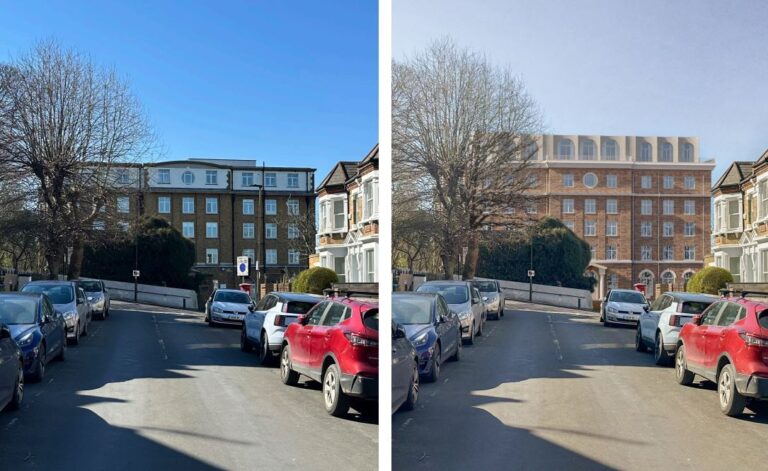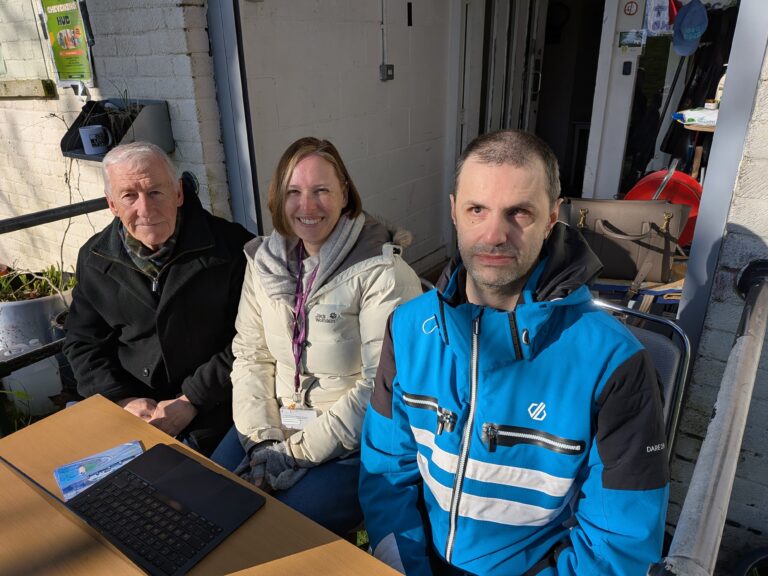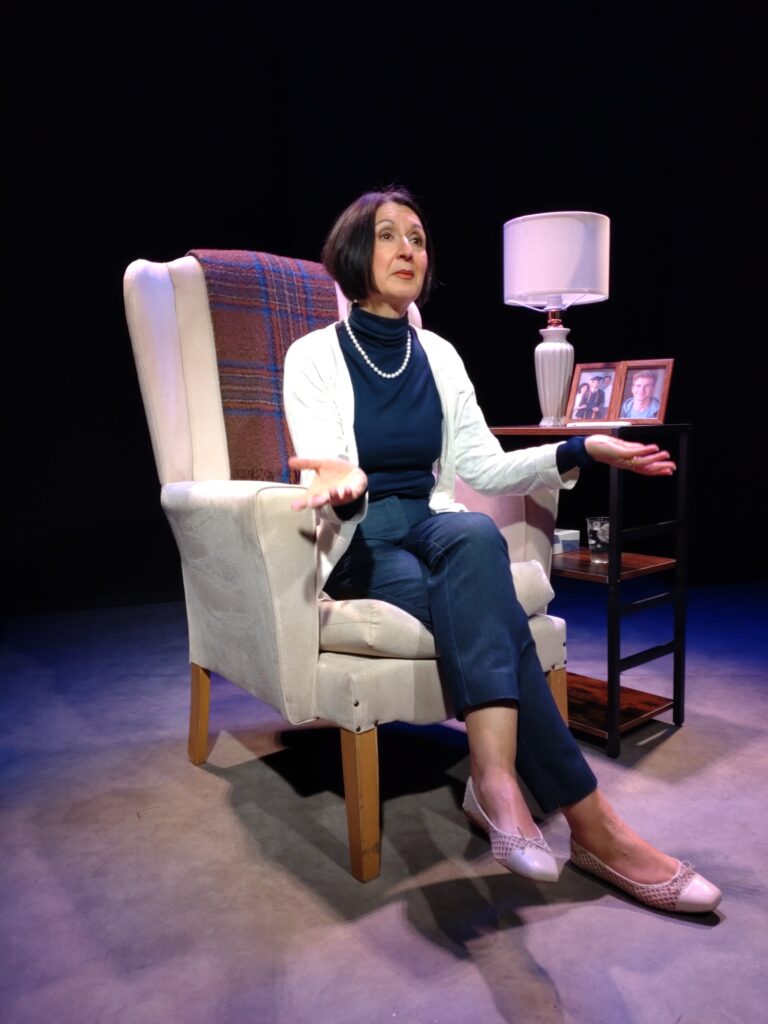A new stop and search scheme is being trialled in Lambeth, as it is one of the areas with the highest levels of crimes where weapons are used.
The aim is to improve the encounter the Met has with those suspected of carrying a weapon. It comes after the Met Police Service (MPS) admit they have at times ‘got it wrong,’ including when people have been wrongly accused of carrying a weapon because they ‘fit the description.’
In the week that the Home Secretary said the police should “ramp up” stop and search, the new pilot scheme is being trialled to make the practice more ‘precise.’
In a bid to become a ‘data-driven’ organisation, new research has been done to look at how stop and search can be improved, and how officers can work with the communities around to build back much of the trust that has been lost.
It is being tested in Lambeth as well as Barking and Dagenham, as areas where levels of weapon-enabled crimes are high.
The MPS say they recognise that communities often suffer if people are wrongly accused or the practice is done ‘without respect’, which diminishes the trust in the police.
Someone who perhaps understands this better than anyone is Lambeth Superintendent Gabriel Cameron, who said as a black young man he was often stopped and searched himself so recognises the need for improvement.
“I’ve lived it,” he said. “Stop and search is definitely something people who look like me will have experienced often. And it’s unfortunate because it is the more deprived areas where crime is higher, and in London, these are the areas that also happen to be more ethnically diverse – but that isn’t the case for the UK as a whole.
“In Glasgow, they had this issue a few years ago and that was all white working-class areas – which is where it becomes linked to higher deprivation.”
He explained that this is why it’s important officers are trained so they understand the area they’re walking into, to prevent mistakes being made. “Sometimes a crime will have happened in an area, and someone who the officer may think fits the description they have been given will be searched despite being innocent.”
“So it’s that aspect we are trying to address. The technique in itself works and it’s a good technique when it is intelligence-led. But we need to improve the encounter with the people we stop and search.”
He cites times when people have been handcuffed when it has not been necessary, or they are handcuffed for too long.
“The Casey review highlighted times where the encounter is not done with courtesy and respect,” he added. “There are a lot of officers who get it right but there’s some learning that needs to be shared across the Met.”
The pilot will mean officers get procedural justice training, which involves treating people fairly, being impartial and giving the person being stopped more of a voice in the encounter. But Supt Cameron said the biggest part involves working with communities to tackle the causes of these crimes.
“If there is a lack of opportunities or no safe space for young people this leads to people being groomed by gangs and doing wrong.
“So we are working with the councils, local businesses to ask them what opportunities they can offer for young people in the Lambeth area.”
He added that it’s vital people work with them on this because it’s not just an issue of policing, but reflects wider society as a whole.
If the pilot goes to plan it would be rolled out across London.






